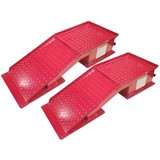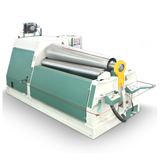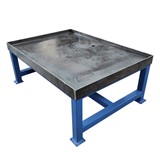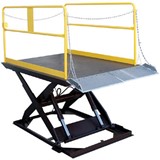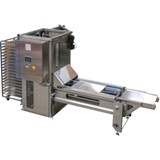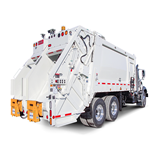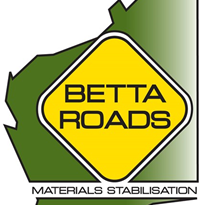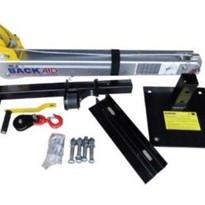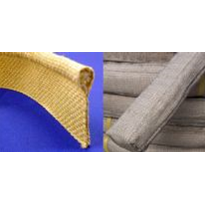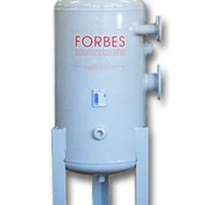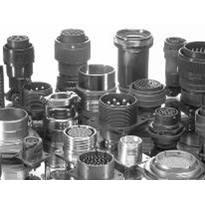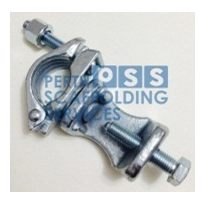Re-sheeting unsealed roads used to consist of repeated heavy truck loading to the section being re-sheeted which often leads to deterioration of the council roads leading to the road being maintained. This is often referred to as chasing your own tail and is not financially sustainable.
As gravel pits continue to close for environmental and other concerns, the purchase of material and cost of transport to site becomes more expensive. Heavy trucking routes are then extended, resulting in further cost to road authorities.
One of the many reasons new material is imported is to overlay clayey materials which soften when wet, making for dangerous driving conditions. These sections then require ongoing maintenance to meet service intervention levels.
Many councils have adopted a new practise to rejuvenate their existing road materials without bringing in new material - at basically half the cost of re-sheeting. Their solution decreases the need for maintenance grading by an average of four to six times.
For a lesser dollar value than re-sheeting, the outcome is an unsealed road that requires less maintenance, performs better in wet weather and produces less dust in the dry by utilising existing clayey or higher PI materials. The road maintains shape, and saves the damage caused by heavy truck movements to council roads both sealed and unsealed.
Studies reveal this is easily achievable when using PolyCom Stabilising Aid, an environment and OHS compliant product.
For financially sustainable unsealed road outcomes contact us on 1800 790 907 or visit www.roadmaker.com.au for more information without obligation. An experienced team member will work on site with your crew to ensure the best results.


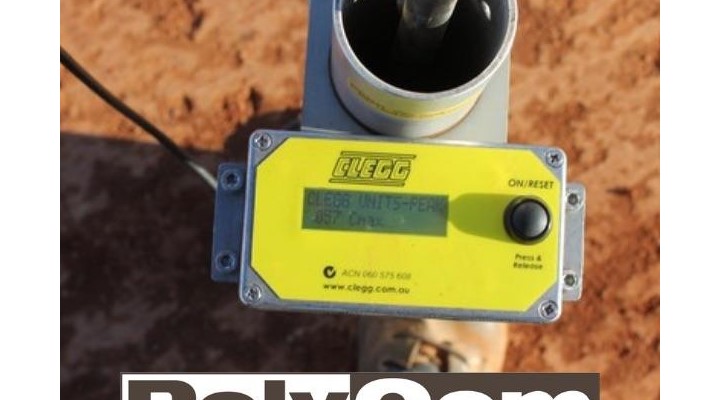
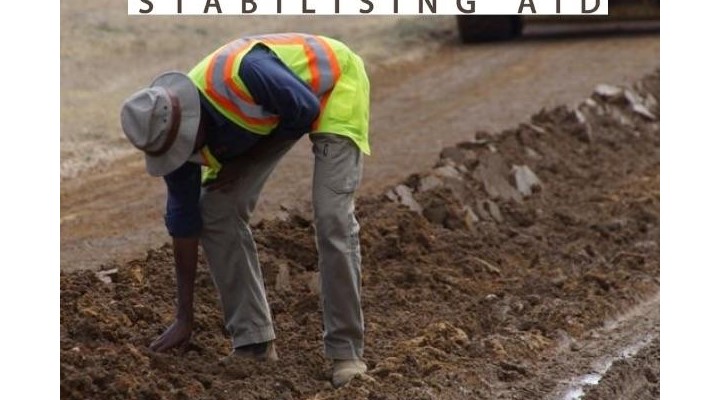




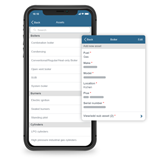

-160x160-state_article-rel-cat.png)
-160x160-state_article-rel-cat.png)







